Giro d'Italia: Opportunities for Simon Yates in first week in Italy
Mitchelton-Scott's British leader lies 6th overall
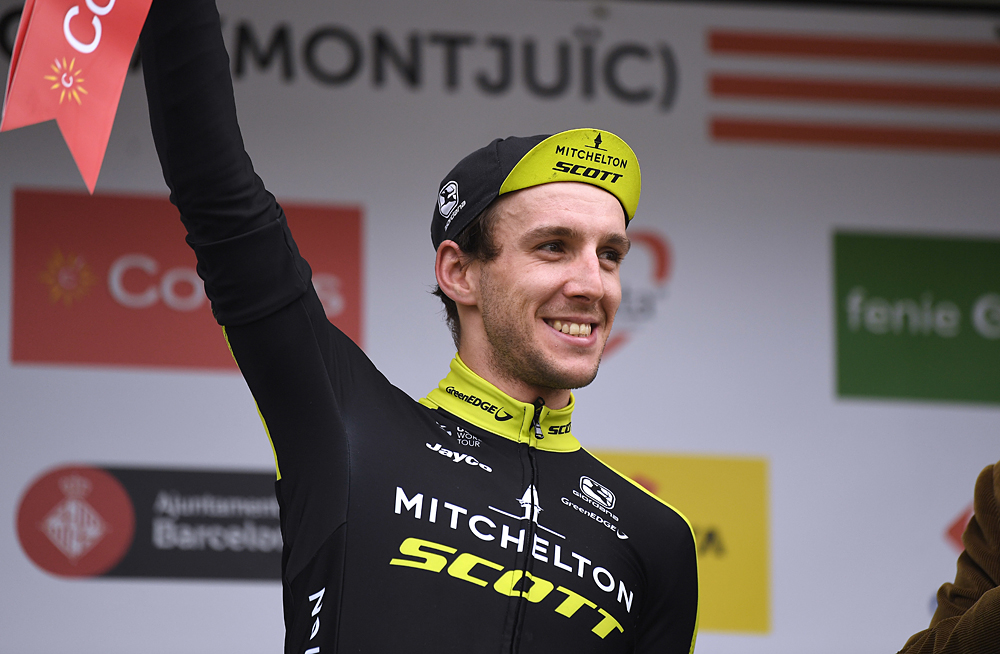
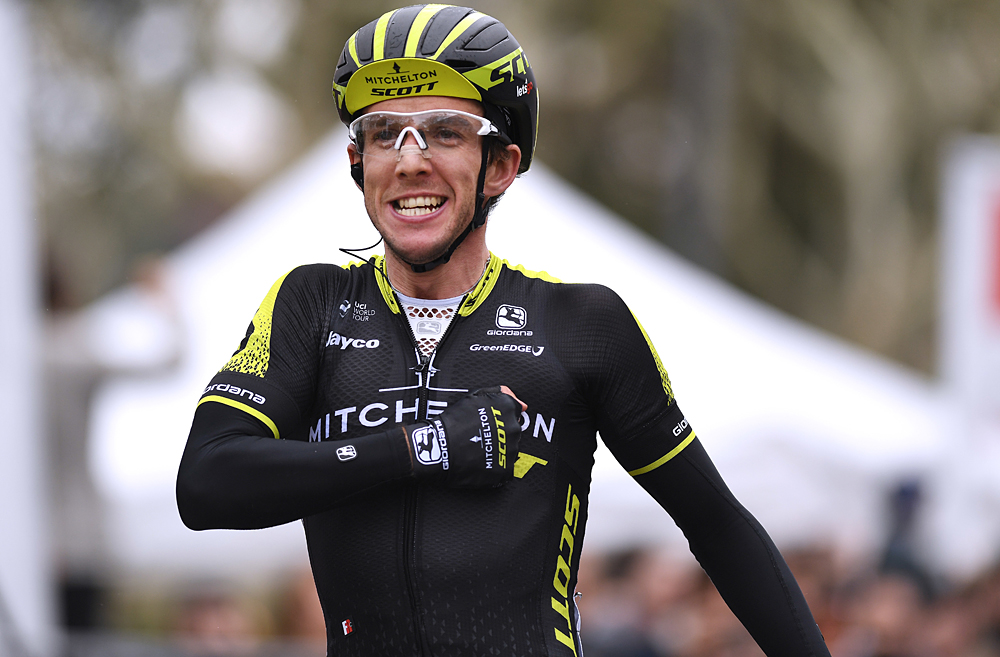
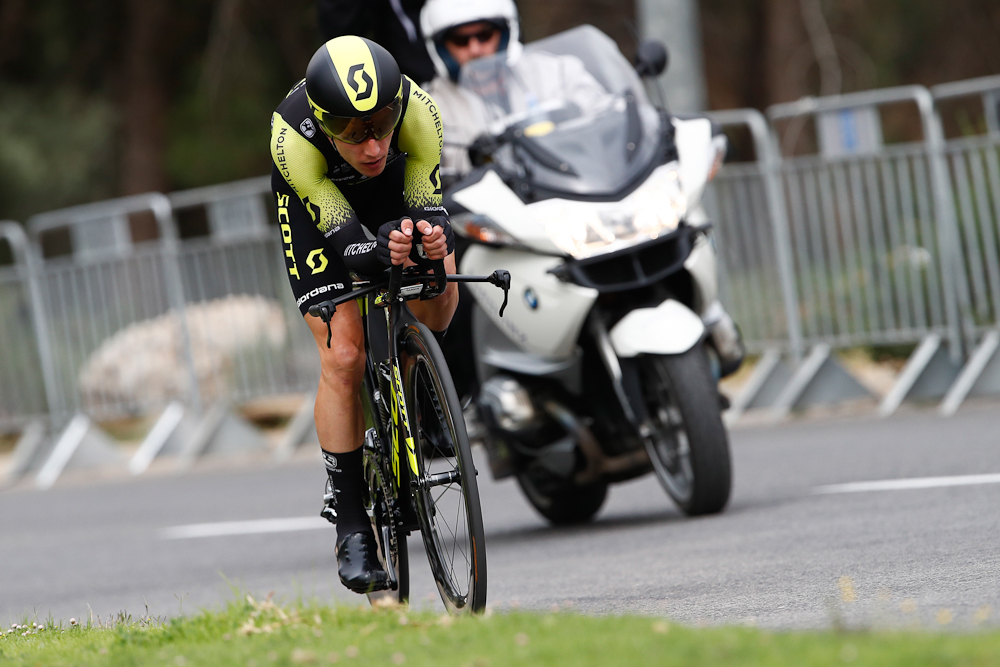
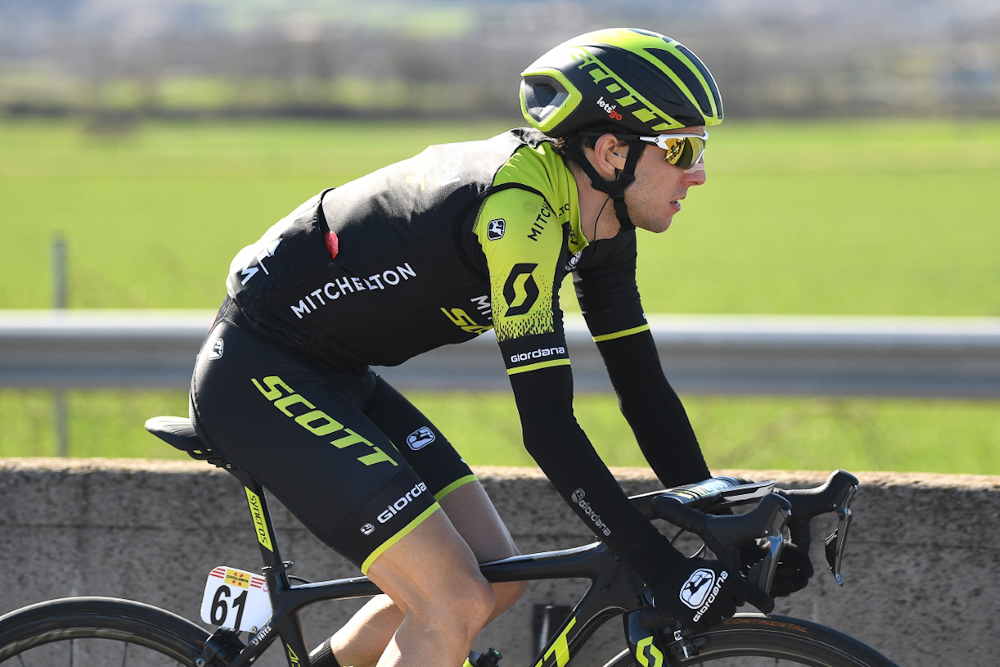
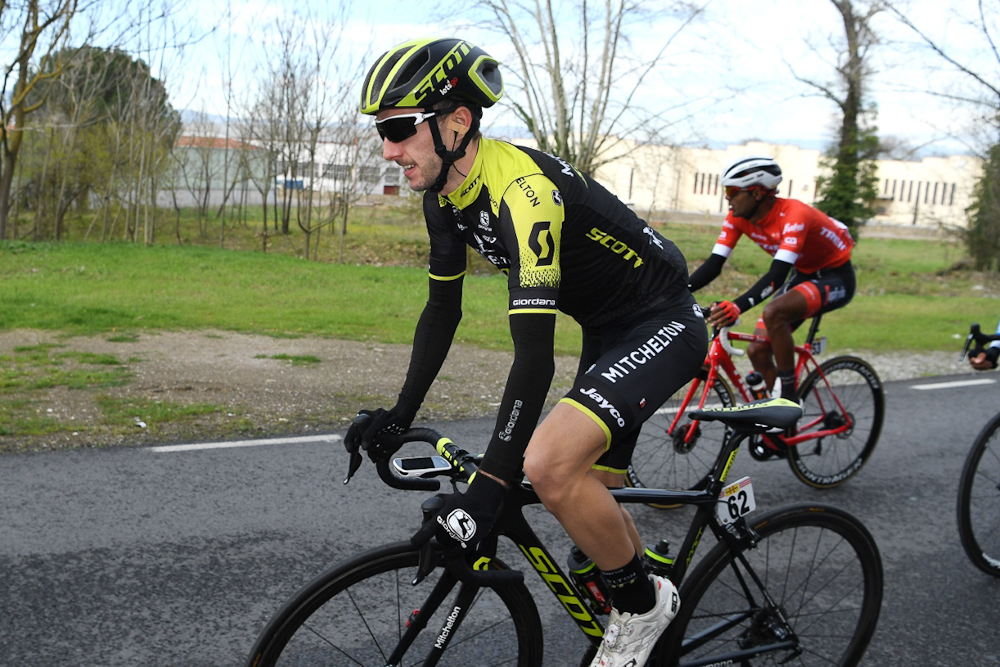
As the Giro d'Italia departs Israel for Sicily, few riders will be more pleased with their first three days of work than Simon Yates (Mitchelton-Scott), who produced the time trial of his life on the opening day in Jerusalem and then preserved his gains on two fraught sprint finales.
Chaves and Simon Yates form two-pronged Mitchelton-Scott approach at Giro d'Italia
Upbeat Simon Yates 'chomping at the bit' for Giro d'Italia debut
Simon Yates beats expectations in Giro d'Italia opener
Giro d'Italia: Viviani takes second consecutive sprint victory
Giro d'Italia: Dumoulin and Froome endure stressful Eilat run-in
Yates set out on his debut Giro mindful of the need to limit his losses to Tom Dumoulin (Sunweb) and Chris Froome (Team Sky) in the race's two time trials, and he could scarcely have asked for a better start to his race.
When the Giro resumes in Catania on Tuesday morning, the Briton will be in 6th place overall, just 20 behind seconds behind Dumoulin and some 17 seconds ahead of Froome, who produced a subdued time trial after crashing during his pre-stage reconnaissance.
"When we saw the course under closed conditions, we realised the course suited Simon even more than the profile suggested, because there was a lot of climbing and changes in rhythm," Mitchelton-Scott directeur sportif Matt White told Cyclingnews in Be’er Sheva on Sunday. "But Simon's been preparing well for time trials anyway, because he knows how important they are if you want to win these races. It's a lot harder if you give away a lot of time.
"We've experimented with some different positions and we found one that's not a big, big effort for him to stay in. You can put anybody in faster positions in a wind tunnel and make them more aerodynamic, but they've got to be able to sustain that position in longer time trials. He's really comfortable in that position now, so it's good."
A more robust examination of Yates' time trialling will come on stage 16, where Dumoulin, in particular, will look to hammer home his advantage against the watch in the 34km leg from Trento to Rovereto. A year ago, Dumoulin effectively won the Giro in the long time trial to Montefalco, but that stage was some 10 kilometres longer and came a whole week earlier in the race.
Time trial specialists are time trial specialists, but in the third week, if you've got the legs, you can ride a better one even if you're not a specialist," White said. "But on the other scale, if you're dying a thousand deaths, then it's really not a good place to be if you're not a time triallist."
Get The Leadout Newsletter
The latest race content, interviews, features, reviews and expert buying guides, direct to your inbox!
Bonuses
Yates starts this Giro as co-leader of the Mitchelton-Scott team alongside Esteban Chaves, who placed second overall to Vincenzo Nibali two years ago. The Colombian is currently 30th overall, 47 seconds down on the pink jersey of Rohan Dennis (BMC), and White sees only benefits in fielding two captains.
"I really think it's going to be an advantage for us when we get into the high mountains and the race gets more selective – we're talking five to 10 riders in the front group – we should be one of the very few teams who have more than one rider," White said. "The most established GC riders here are Froome and Dumoulin, and, unfortunately for us, they're world-class time triallists. If either of those guys are on a bad day, we've got to put time into them, because we know we're going to lose time to them in the time trial. Just how much, we'll see."
There are still some two weeks until that Rovereto time trial, of course, and ample occasions for Yates – and Chaves – to offset any hypothetical losses. The summit finishes at Etna, Gran Sasso d'Italia and the Zoncoloan are all obvious platforms for the climbers, but Yates' qualities as a puncheur could present him with the chance to claim stage wins – or, at least, time bonuses – on some of the less heralded finales, starting with stage 4 to Caltagirone.
"There are not so many guys who can climb who are fast as well. There's Diego Ulissi, but not too many others spring to mind. This is a very deep GC field but there's no rider like a Peter Sagan or Michael Matthews – riders who can get over the climbs and win those reduced-group sprints, so there'll be opportunities for stage wins," White said.
"If you could pick up another 10 or 15 seconds through the race in bonus seconds, that makes the gap a lot more achievable. We've already taken some time on other GC guys in the TT; if you can add bonuses on top of that, it makes it a lot easier."

Barry Ryan was Head of Features at Cyclingnews. He has covered professional cycling since 2010, reporting from the Tour de France, Giro d’Italia and events from Argentina to Japan. His writing has appeared in The Independent, Procycling and Cycling Plus. He is the author of The Ascent: Sean Kelly, Stephen Roche and the Rise of Irish Cycling’s Golden Generation, published by Gill Books.